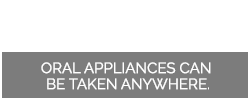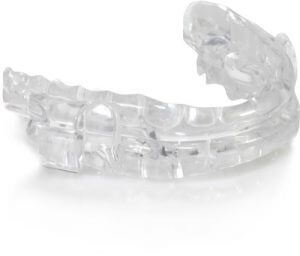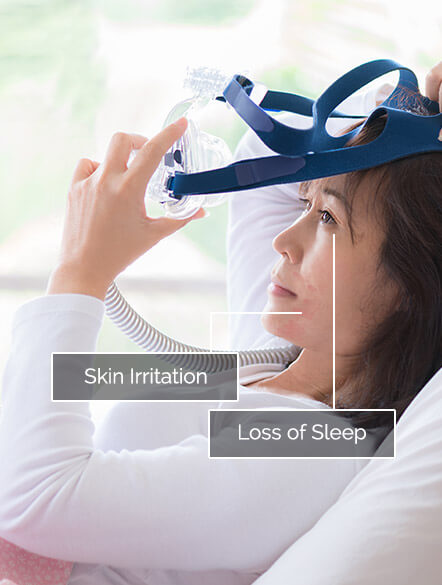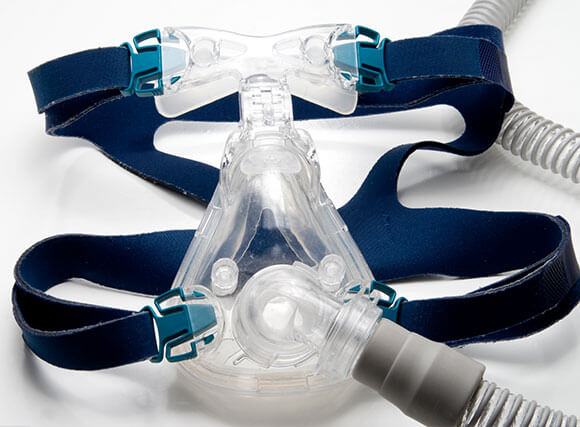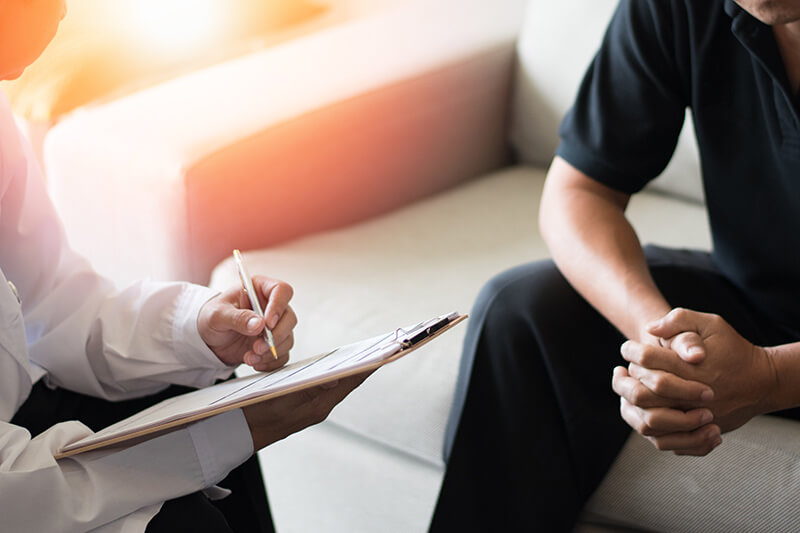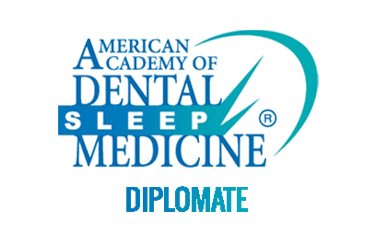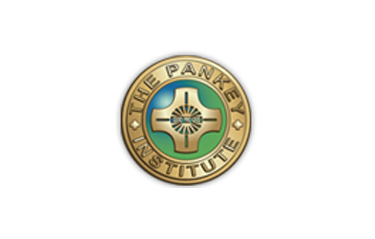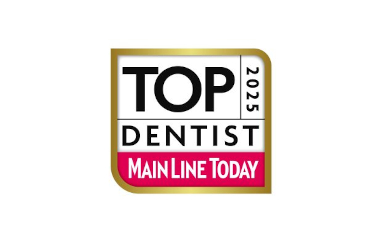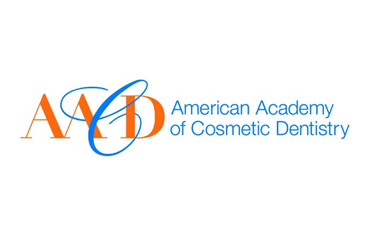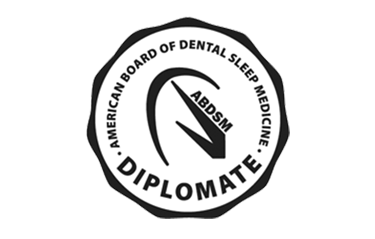Hate traveling with CPAP?
Added Stress
Whether it’s for vacation or work, travel can be stressful. Traveling with a CPAP machine is an added inconvenience. The additional weight of the machine and getting through security checkpoints can make traveling with a CPAP frustrating.
Added Challenges
Plus, once you arrive at your destination you’ll need to find distilled or deionized water for your humidifier. Then hope there’s an electrical outlet close to your bed. And, if traveling internationally, you’ll need the correct adapter.
Added Failure
Traveling during inclement weather or to remote surroundings can lead to problems with power reliability. These scenarios require you to choose between carrying a back-up battery or going without your treatment. This also contributes to higher failure or non-compliance rates.
